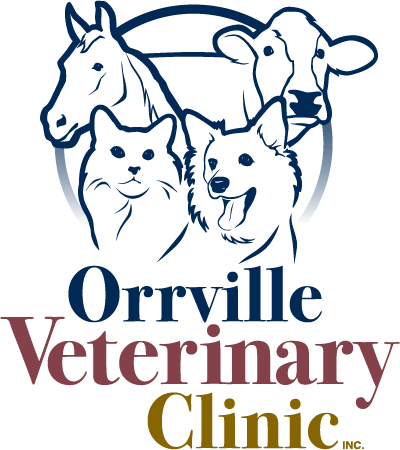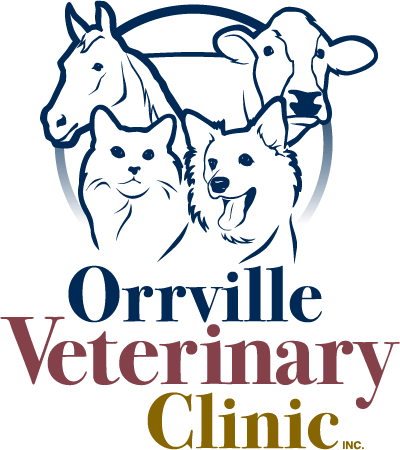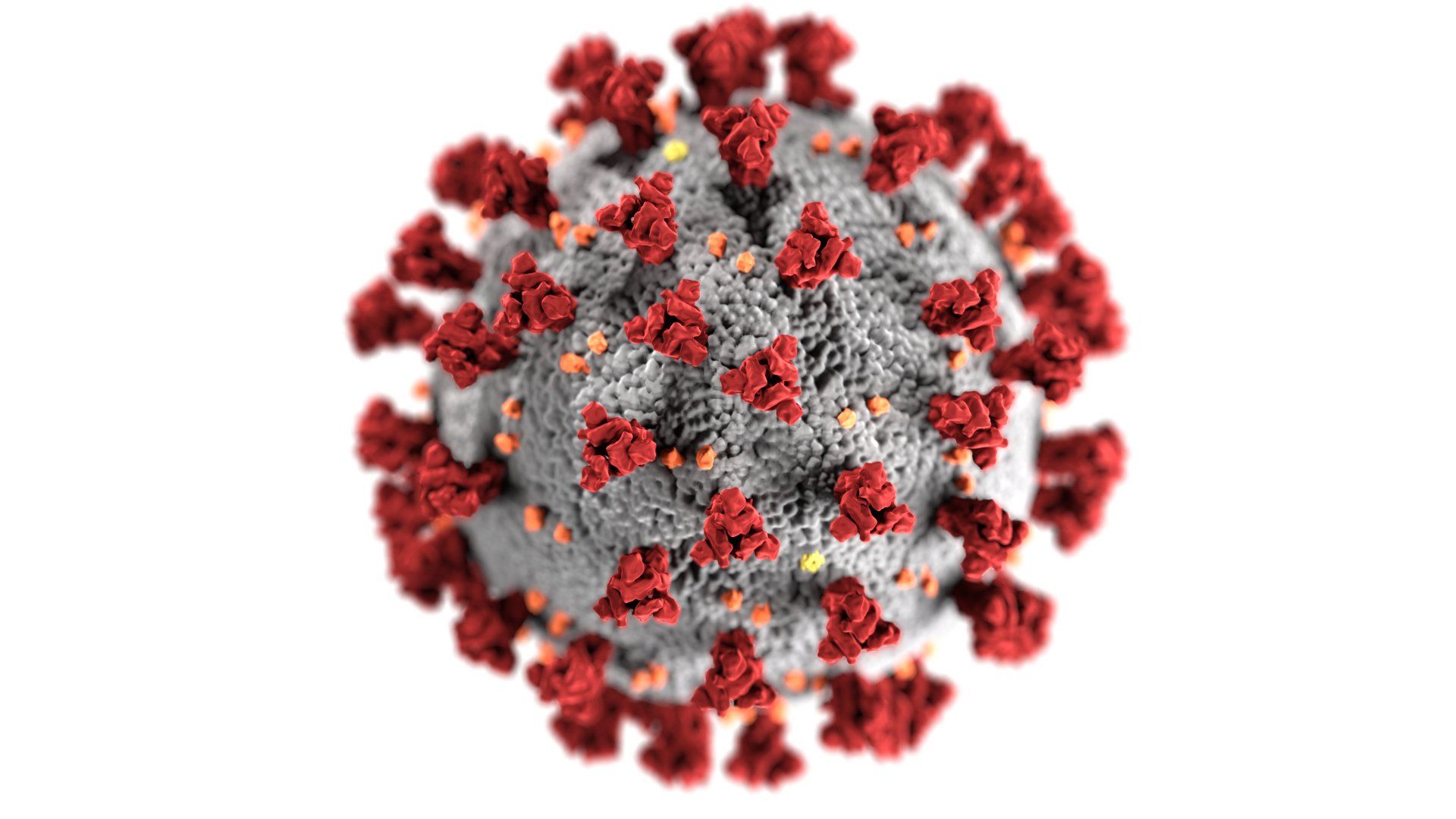Flea Allergy Dermatitis
Flea allergy dermatitis (FAD) is a common medical condition in which an animal's skin overreacts negatively to one or more flea bites. This is due to an allergy to the saliva of the flea. Reactions to flea bites in these cases can cause itching, red skin, hair loss and sores in dogs and cat. You may notice intense itching and scratching as well as scabbing around the neck area in cats. Many reactions will show up on the pet's hind quarters; the base of the tail and back, as well as the stomach area. Many pets come in with a pattern of hair loss that looks like an upside down V just above the base of the tail. This pattern of hair loss is almost diagnostic for a flea problem.
When we see pets with these symptoms, our first question will usually be: "What do you use as flea prevention?" This is in no way meant as an insult to you or your capabilities for taking great care of your pet! We recommend treating both your indoor and outdoor pets. Fleas will hitch a ride on any object they can find: your pants or shoes, your pet's fur, something brought into the house from the garage, etc. They are expert hitchhikers and are always looking for a good meal---you or your pet!
If you have a pet with a severe allergy to fleas, you could use flea prevention year-round and it would still take only a couple bites from a flea to cause an allergic reaction. Flea prevention is a fantastic way of preventing flea infestations in your pet's environment; however, using it does not create a 'force field' effect. There is always a delay, so keeping every pet in your care (inside and out) on a good flea prevention schedule will help keep infestations from invading your house. This will greatly reduce the risk of your pet being bitten.
FAD is a raher common occurrence in the veterinary field, making up almost half of the skin problems that are seen yearly! (according to the Companion Animal Parasite Council) Most commonly, the treatment for flea allergy dermatitis is a course of antibiotics (if the skin is infected), steroid treatment for itching and inflammation, and making sure that the pet is on a proven oral or topical flea prevention.
In most cases, once treatment has been started and fleas have been eliminated, the sores and scabbing will heal and hair will grow back normally.
If you are dealing with a flea infestation, it can take up to three or four months to completely rid the area of fleas, even with all pets on prevention. The reason for this is that there is a life stage of the flea, called the pupae stage, where the flea egg grows an almost impermeable shell (FUN FACT: the flea pupae's shell is so tough that even an atomic bomb would not be able to penetrate it!). It can take up to 3-4 months for the flea to hatch from this phase. So treating your pets for one month will not be enough to cure an infestation. For more on the flea life cycle, click HERE.
In conclusion, it is much easier, and cost effective to prevent fleas that it would be to treat a pet for Flea Allergy Dermatitis and handle an infestation in the home. We have many flea prevention products here at OVC; listed below are the products (with embedded links) that we carry and recommend.
Comfortis
Stop in and see us anytime and we can answer any questions you may have regarding our products!
For More information about fleas, click on the links listed below:
This article was written and submitted by Robin Evans.
Edited and published by Dr. Jeffrey R. Fink for use on the Orrville Veterinary Clinic Websites.












